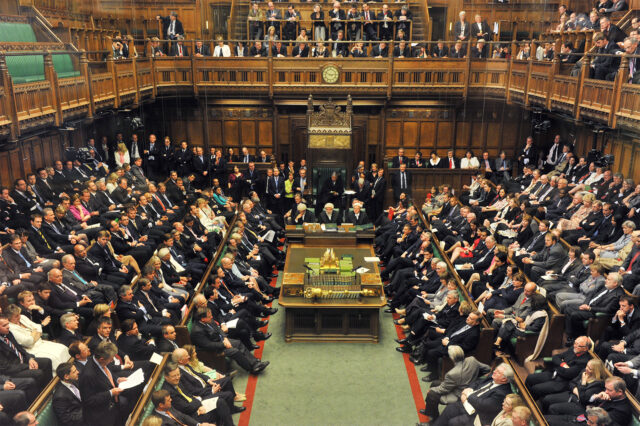In its report on the UK-India free trade agreement (FTA), published today, the House of Lords International Agreements Committee notes that India’s growing economy and expanding middle class with an appetite for specialised education, insurance and healthcare services, provide significant opportunities for UK businesses and the services sector. It therefore welcomes the negotiations but warns that they pose significant challenges that are not adequately reflected in the Government’s Negotiating Objectives or wider strategic approach.
India’s historically protectionist policies, different regulatory approaches and business practices, mean that overcoming barriers would require, in many areas, changes to India’s domestic legislation, which would likely be difficult to secure and be a lengthy process to implement. They include the practice of requiring businesses to make ‘facilitation payments’, different administrative requirements at national and state level, a lengthy application process for business permits, a complex tax regime, low levels of contract enforcement and limited IP protections.
The committee therefore questions the arbitrary Diwali deadline set for the conclusion of the negotiations, cautioning that the Government could risk giving up a good deal for a fast one by setting a time ambition over and above content.
Although the Government has emphasised that it intends to conclude an agreement that is comprehensive, it is unclear how comprehensive that agreement can be, given India’s challenging regulatory and business environment. The Government has not set out what areas it would prioritise for inclusion—especially if negotiations were to become protracted. The Government should clarify its intentions in this regard.
Because the Government’s Objectives do not take sufficient account of the Indian context, they can come across as overly ambitious or unrealistic, with some (for example on procurement) seeming particularly unattainable.
It is also hard to judge the Objectives given their lack of specificity—and there continues to be a lack a context for them. The Government has failed to produce an overarching trade policy showing how trade fits into its foreign, defence, environmental and domestic objectives. For example, there is an opportunity to use the trade relationship to strengthen cooperation on climate mitigation measures and support the decarbonisation of India’s economy, but this is not reflected in the Negotiating Objectives. Similarly, given India’s reluctance to support the international sanctions against Russia, it is unclear whether the Government is planning to factor this into the UK’s trade relations with India. The Committee again has urged the Government to publish a comprehensive trade policy that provides a framework within which all negotiations can be conducted.
The committee remains concerned about the adequacy of the information shared with the devolved administrations regarding matters that are reserved, such as tariff liberalisation for sensitive goods. It is calling on the Government to ensure that consultation with the devolved administrations is comprehensive, transparent, detailed and timely, and that their views (including on matters that are not devolved but touch on devolved competences) are represented throughout the negotiations.
Baroness Hayter, Chair of the International Agreements Committee said:
“A growing economy, as well as a growing middle class and consumer market, make India an attractive trading partner for the UK. The UK Government, however, must not accept a poor agreement simply to meet a deadline.
“We have noted that the aspirations in the Negotiating Objectives are particularly challenging because some would require changes to India’s own cultural and legal approach, which are unlikely to be achieved, or would take a long time.
“We reiterate our recommendation that the Government should publish a trade policy, showing how trade links into broader foreign policy, security, defence and other domestic objectives, as well as labour, women’s and human rights, and the environment. This will enable trade policy to be understood in relation to other priorities and enable us to assess the impacts and trade-offs.”




